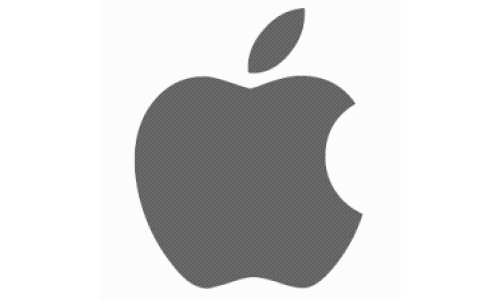Most of the time, we browse the internet freely and without a second thought to who might see our history. In fact, wanting to browse discreetly doesn't have to mean users are using questionable content. The concept that someone can continuously monitor what we're browsing every time we click a link or domain is overwhelming. This invasion of privacy can include prying eyes within our home, our boss while on the job, or police officers when trying to track down a suspect. If you're hoping to find a secure platform for your surfing online, consider the following five browsers:
Tor Browser
This browser was initially developed in 2002 by the Tor Project. It's based on Firefox's browser and works to protect your information online. The platform allows users to surf the internet by becoming anonymous online. All activity on the platform is masked, thanks to the encrypted traffic. Essentially, your information bounces through three separate networks out of thousands of volunteer computers.
The privacy of the Tor browser directly links to the updates and security patches offered. After all, the exploitation of security flaws and bugs could leak valuable information if discovered. On the platform, no one can track your internet activity; no one can identify you. There is no browsing history attached to the browser, and all cookies are deleted after every session. Whether you're browsing a site like SugarDaddy.com or picking up a surprise gift for that special someone, this browser has you covered.
The only drawback to this platform is perhaps the speed deterioration that comes with the continuous network of servers. As your internet information passes through the servers, considerable speed is lost. This connectivity issue means users will have to adapt to a lower level of connection to remain completely anonymous online.
Mozilla Firefox
Developed by a nonprofit organization, Mozilla, this browser is known for its customization. It's also known for directly competing with other favored browsers like Apple, Google, and Microsoft. As an open-source browser, users can access the coding at any time to check for any security issues. As all development runs on a volunteer basis, but don't let that deter you. This browser is constantly ensuring the latest security features are online and functioning. You'll find a wide variety of security features available, integrated into the browser. These include malware and phishing protection, warnings, and blocking attack websites. The content blocking functionality will prevent any trackers from accessing your information or activity outside the domain.
When it comes to the settings, users can implement or change the defaults to match their needs. This includes implementing more robust security settings, adding cookie blocking, or preventing third-party trackers.
Chromium
Initially developed by Google, this browser remained an open-source codebase that served as the framework for other browsers (Edge, Opera, Brave, and Chrome). While there is currently no official Chromium build, it's a degoogled version of Chrome. This browser doesn't rely on any Google web services, making it lightweight, free of trackers, and minimal design.
LibreWolf
This browser is built for those wanting security, privacy, and freedom, delivering on all of these objectives effortlessly. As a Firefox browser, Librewolf has a strong privacy focus without sacrificing speed or efficiency. It's an open-source platform with fantastic community support for those needing a hand. When it comes to security settings, it has everything a secure browser needs. You'll receive built-in ad blocking, an established firewall, strong use of privacy search engines (like Qwant and Searx).
Opera
Initially developed in 1995, this browser holds many of Chromium's code in its software. With a built-in VPN, although users have established, it can track bandwidth and usage. It is known as one of the more privacy-oriented browsers with several built-in security features. The built-in ad blocker protects users from seeing ads online, while the tracker blocker keeps advertising opportunities and website usage away from prying eyes. As the platform is based on Chromium coding, users can access the code at any time and evaluate it.
It's important to understand that Opera has a default window that will cache data. When using the browser, always set the private browser to remain the default website browser. Opera offers additional safety and security methods online, although inexperienced users may find them difficult to access.
Do You Need a VPN for Your Browsing?
A virtual private network (VPN) offers privacy and anonymity online by establishing a private network from public connections. They mask your IP address, making any online actions untraceable. More importantly, they safeguard your information and browsing habits when surfing the internet.
Encryption and anonymity provide a safety net for your online activities. You'll be able to keep your browsing habits anonymous and protect your accounts when shopping online. Essentially, anyone that is concerned about their online safety and security should have VPN services.
How does a VPN protect your privacy and IP address?
By creating a tunnel-like system between your local network and an exit node in a different location, a VPN will essentially make it seem like you're in a separate area. These exit nodes can be thousands of miles away from your physical address.
Additionally, a VPN will establish a private network, complete with encryption to scramble your data. This encryption makes your data unreadable, preventing anyone else from reading your information. Finally, a VPN blocks your internet service provider from knowing your browser history. By using the VPN, your browsing history is wholly sealed through multiple servers all over the world. This keeps your information private regardless of what you're doing online.















